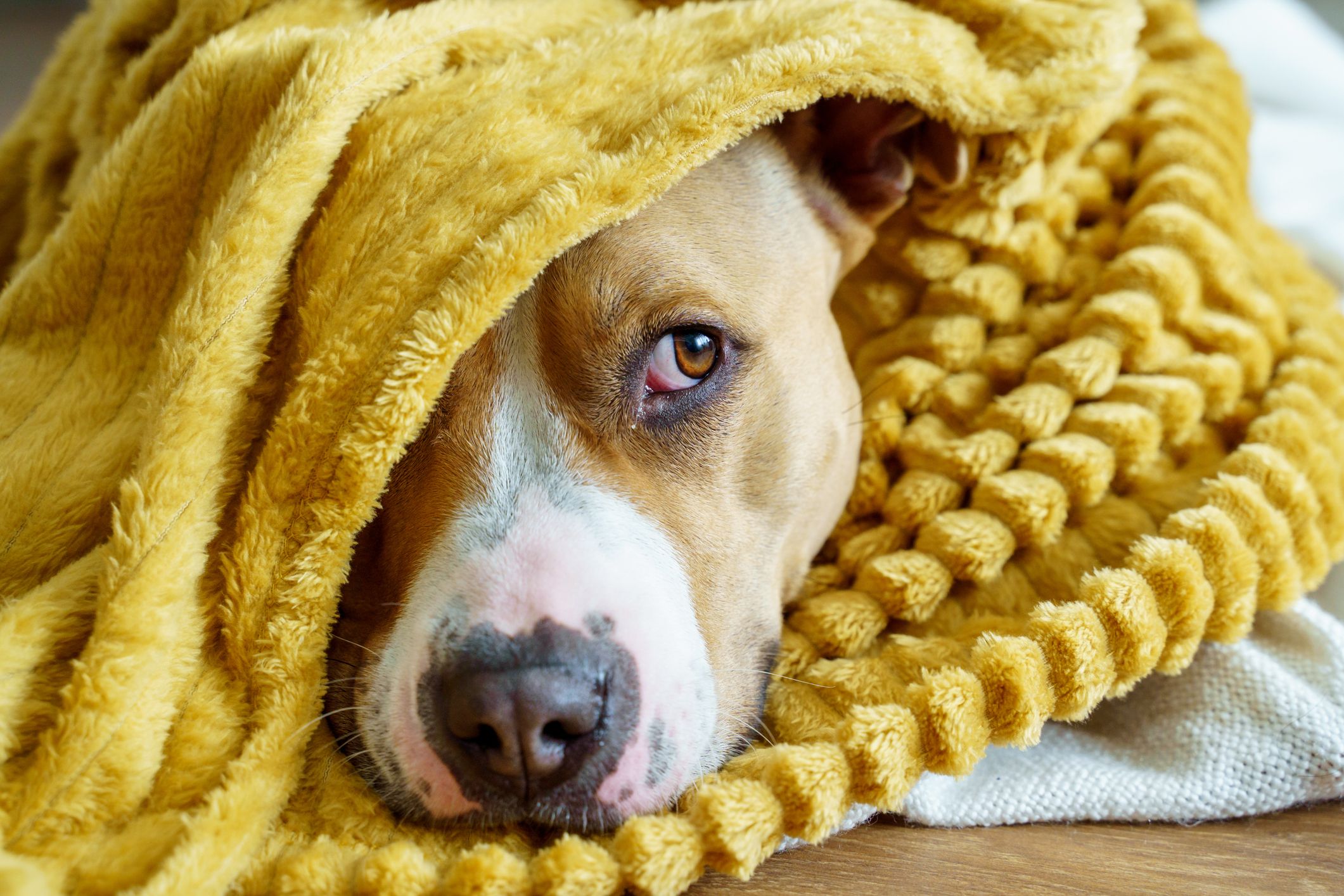Like people, dogs suffer with stress and worry. Calming dog treats can help with separation anxiety, noisy environments, or travel stress. Natural elements in these delicacies help to induce relaxation without making one sleepy. This detailed tutorial will help you understand, decide on, and apply soothing dog treats successfully.
Introduction
Many things can set off dog anxiety, including thunderstorms, explosions, unfamiliar surroundings, or alone time. Among the symptoms include too much barking, pacing, shaking, or destructive activity. Knowing these indicators helps one choose the appropriate relaxing method. One of the best and simplest approaches to let dogs relax is with calming dog Calming Dog Treats.
Important components to search for
Natural ingredients including chamomile, valerian root, passionflower, L-theanine, and CBD abound in premium relaxing delights. These components encourage relaxation free of negative side effects. While L-theanine promotes serotonin synthesis, hence enhancing mood, chamomile and valerian root aid with mild drowsiness. Always look for artificial additions on labels since they could aggravate allergies.
Selecting Appropriate Calming Agents
Not every soothing snack acts the same way. Think through the weight, size, and particular needs of your dog. While some products are meant for general relaxation, others aim at acute anxiety. Sensitive stomachs benefit from organic, grain-free choices. Before you buy a new brand, examine consumer comments and see your veterinarian.
correct dosage and timing
Every product has a suggested dosage determined by the weight of the dog. While underfeeding might not have the intended impact, overfeeding can produce drowsiness. Give the treat 30 to 60 minutes before a trying event like a vehicle ride or fireworks. Use daily instructions exactly from the packaging.
Combining Behavioural Training with Treatments
Combining calming techniques with positive reinforcement training helps them to be most effective. Reward quiet behavior rather than feeding anxiety. Along with incentives, include crate training, desensitizing methods, and calming music. This offers a long-term rather than transient fix for anxiety.
Monitoring Results and Changing Use
See how your dog responds to the rewards. While some react right once, others need days to change. See your veterinarian about changing the dosage or attempting an alternative formula if you see too much drowsiness, stomach problems, or no improvement.
Natural substitutes and lifestyle modifications
Apart from soothing foods, various natural therapies can be useful include aromatherapy, massage, and interactive toys. Furthermore lowering stress are regular exercise and mental stimulation. Moreover supporting brain function and emotional well-being is a balanced diet high in omega-3 fatty acids.
Conclusion
One fantastic approach to help nervous dogs feel more safe is using calming dog treats. Pet owners can provide their furry friends a safe and efficient treatment by choosing the correct components, dose, and mixing them with training. Before including fresh goodies into your dog’s diet, always see a veterinarian.
